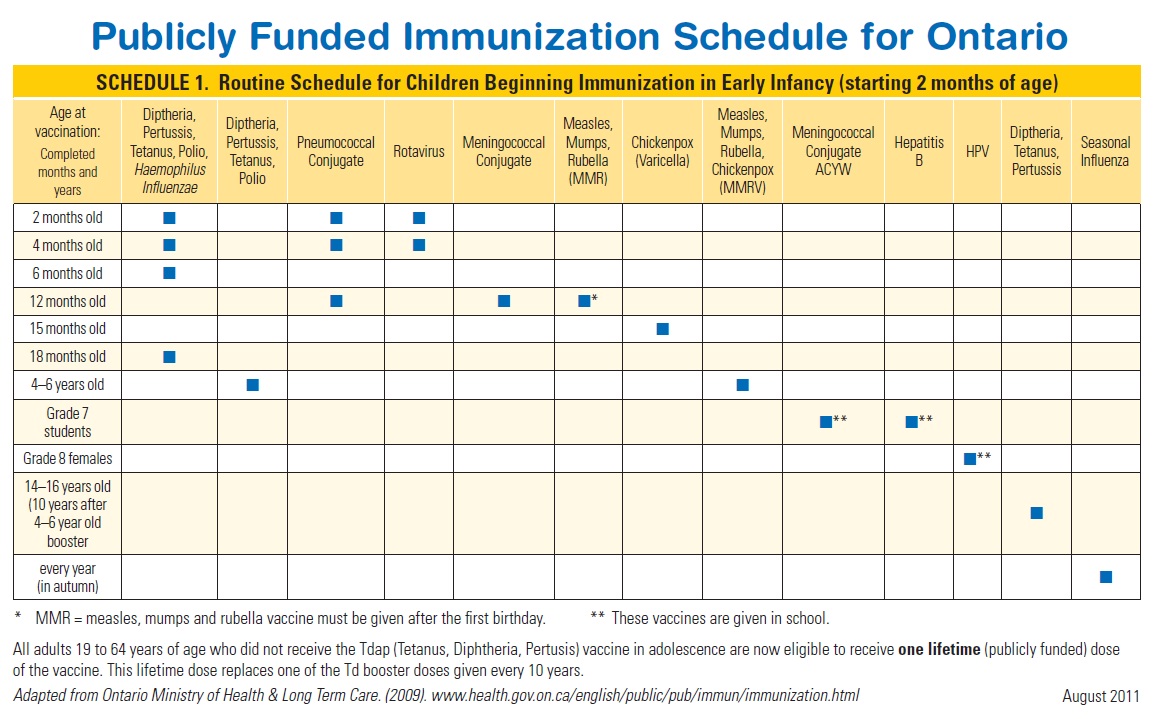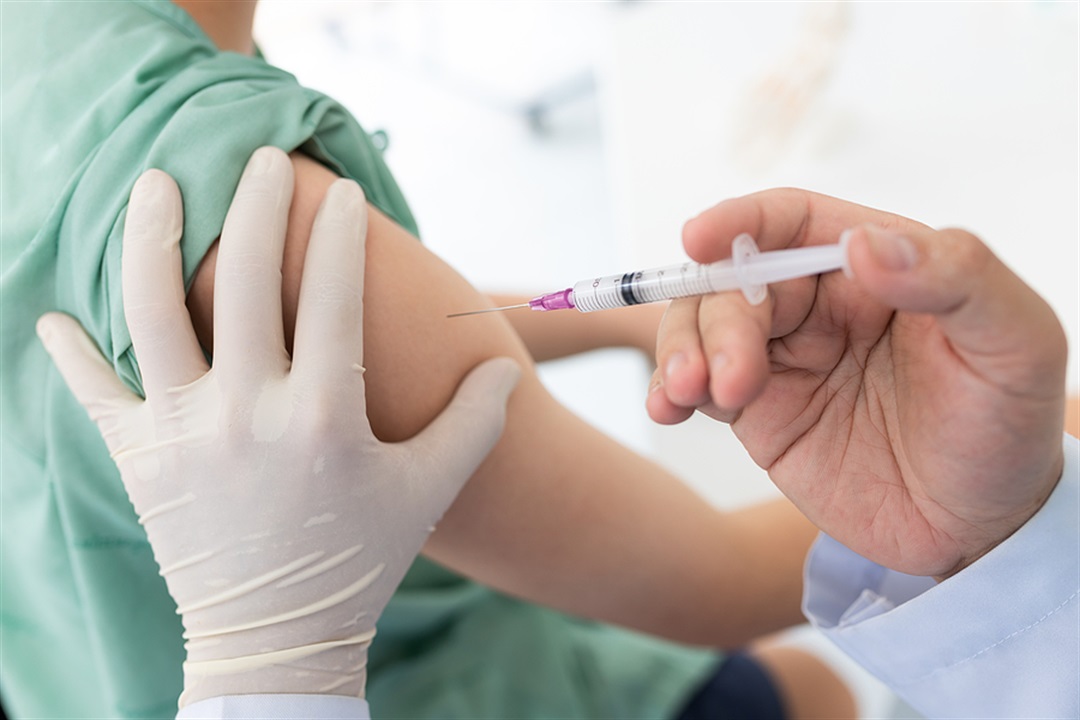As one of the most effective ways to prevent infectious diseases, immunizations and vaccines have been a cornerstone of public health for decades. According to
WebMD, vaccines have been proven to be safe and effective in preventing the spread of diseases, saving countless lives and reducing the burden on healthcare systems. In this article, we will delve into the benefits, risks, and effectiveness of immunizations and vaccines, providing you with a comprehensive understanding of their importance.
Benefits of Immunizations and Vaccines
The benefits of immunizations and vaccines are numerous. By receiving recommended vaccinations, individuals can protect themselves against serious and potentially life-threatening diseases such as measles, mumps, and influenza. Vaccines also play a crucial role in preventing the spread of diseases, thereby protecting vulnerable populations such as the elderly, young children, and those with compromised immune systems. Additionally, immunizations have been shown to reduce the risk of long-term health complications, such as heart disease and cancer, which can arise from certain infections.
Risks Associated with Immunizations and Vaccines
While immunizations and vaccines are generally safe, there are potential risks and side effects associated with their administration. Common side effects include redness, swelling, and pain at the injection site, as well as mild fever and fatigue. In rare cases, more serious side effects can occur, such as allergic reactions or neurological disorders. However, it is essential to note that the risks associated with vaccines are significantly lower than the risks associated with contracting the diseases they prevent.
Effectiveness of Immunizations and Vaccines
The effectiveness of immunizations and vaccines is well-documented. According to the
Centers for Disease Control and Prevention (CDC), vaccines have been shown to be highly effective in preventing the spread of diseases. For example, the measles vaccine is estimated to be 93% effective in preventing measles, while the flu vaccine is estimated to be 40-60% effective in preventing influenza. Furthermore, herd immunity, which occurs when a sufficient percentage of a population is immunized, provides protection to those who are unable to receive vaccines, such as individuals with compromised immune systems.
In conclusion, immunizations and vaccines are a crucial component of public health, providing protection against serious and potentially life-threatening diseases. While there are potential risks and side effects associated with vaccines, the benefits far outweigh the risks. By staying up-to-date on recommended vaccinations, individuals can protect themselves, their loved ones, and their communities from the spread of infectious diseases. As emphasized by
WebMD, it is essential to consult with a healthcare professional to determine the best vaccination schedule and to address any concerns or questions you may have. By working together, we can promote a healthier and safer community for everyone.
Keyword: Immunizations, Vaccines, WebMD, Benefits, Risks, Effectiveness









